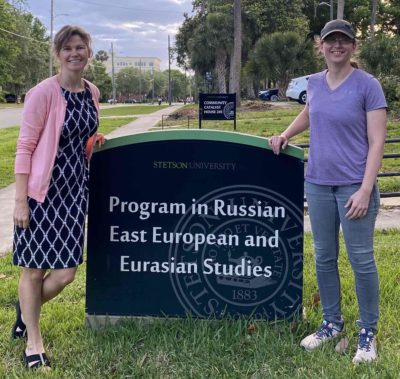Stetson University is proud to announce the 2025 recipients of the prestigious Summer Undergraduate Research Experience (SURE) Grant. These grants support student-faculty research collaborations across a range of disciplines, highlighting Stetson’s continued commitment to experiential learning, faculty mentorship, and academic excellence.
This summer, students will pursue original research projects under the close guidance of faculty mentors. Their topics span the sciences, humanities, arts, and social sciences, demonstrating the breadth and depth of scholarly inquiry at Stetson.
Below is the full list of this year’s awardees and their faculty mentors:
- Leonardo Giogioni Figueroa — An Educational Intervention to Improve Hurricane Risk Perception
Mentor: Dr. Michael Eskenazi
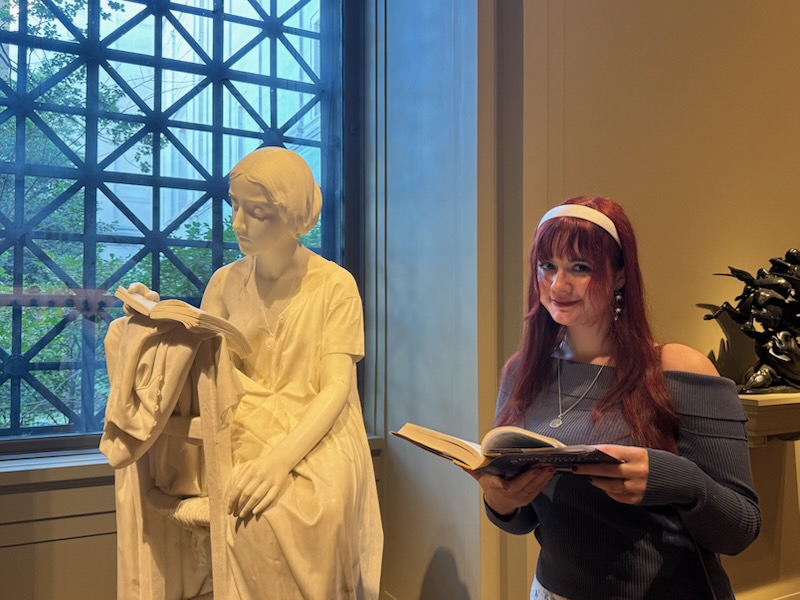
Reagan Swayze — Art and Identity in Floridian Synagogues
Mentor: Dr. Ekaterina Kudryavtseva
Reagan research is concerned with the intersection between memory, immigration, and visual expression in Jewish architecture in Florida. have been tracing commonalities of visual expression within Judaism to apply them to three historical synagogues within the state. My research culminates in a photography exhibition at the Hand Art Center on campus in the fall semester.
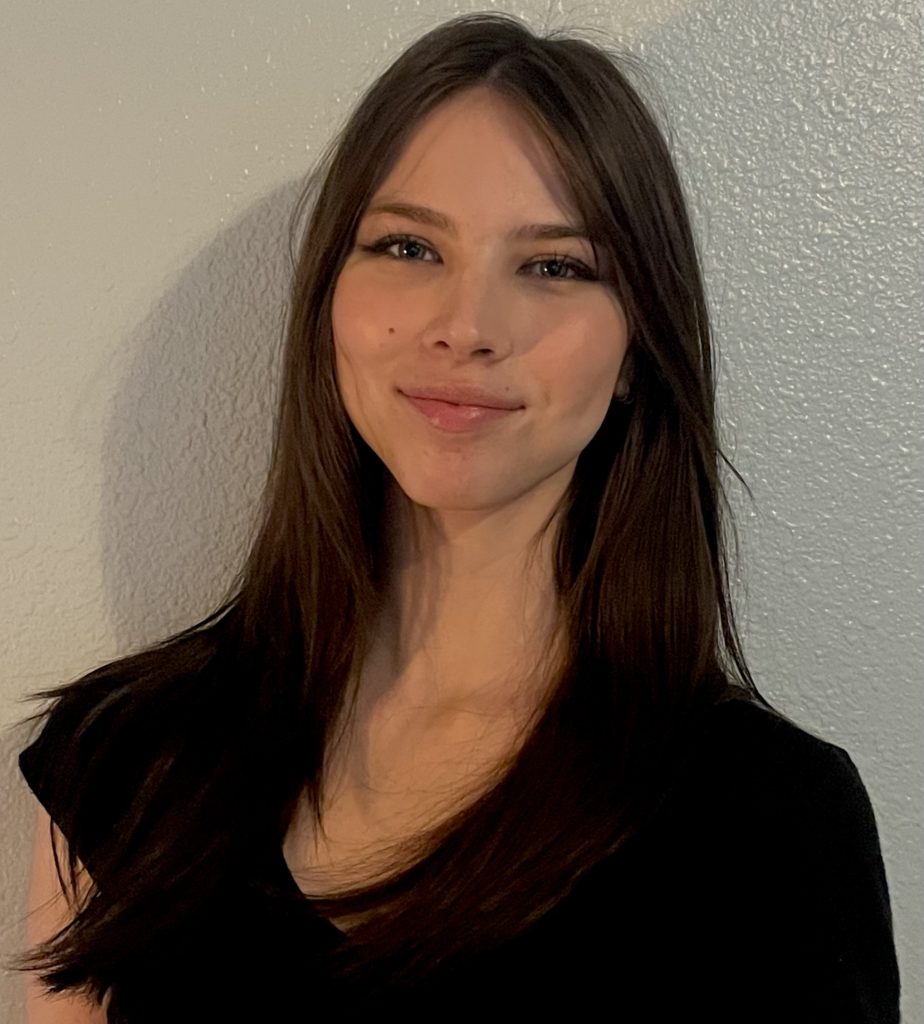
Elena Edwards — The Effects of tDCS on Pitch Perception in Music and Non-Music Students
Mentor: Dr. Sarah Garcia-Beaumier
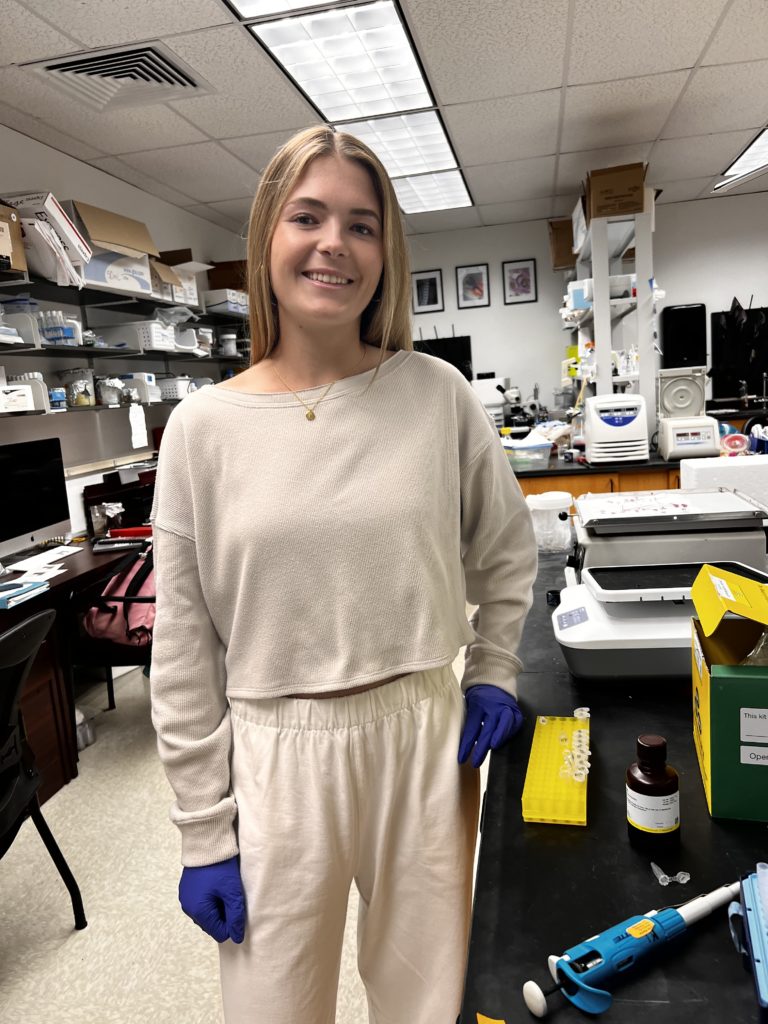
Pilar Astigarraga Harper — Rapamycin-Induced Inhibition of TOR Signaling Pathway and Vanessa cardui Butterflies
Mentor: Dr. Lynn Kee
- Haley Eck — Relative Impacts of Size of Ambystoma mexicanum Explants on Spreading Rate
Mentor: Dr. Holley Lynch - Serena Dowling — Legacies of Soviet and American Women in Air War in WWII
Mentor: Dr. Mayhill Fowler - Naya Adla — Automating Oyster Toadfish Call Detection Using Python-Based Tools
Mentor: Dr. Nathan Wolek
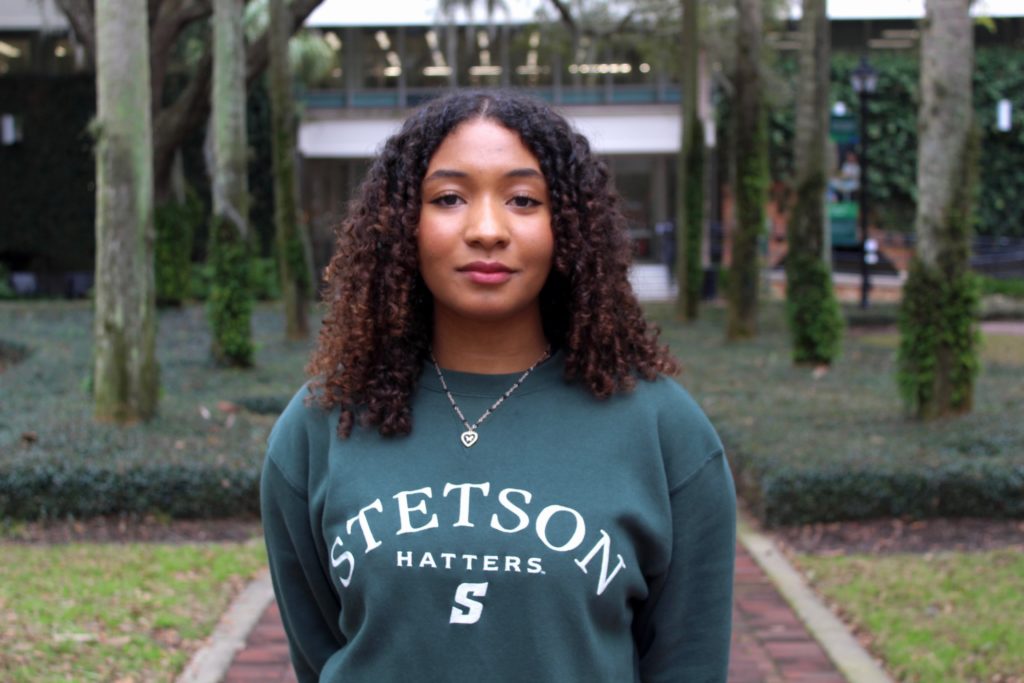
Isabelle Condor da Silva — Investigating the Presence of FAST Proteins in Saccharomyces cerevisiae
Mentor: Dr. Jean Smith
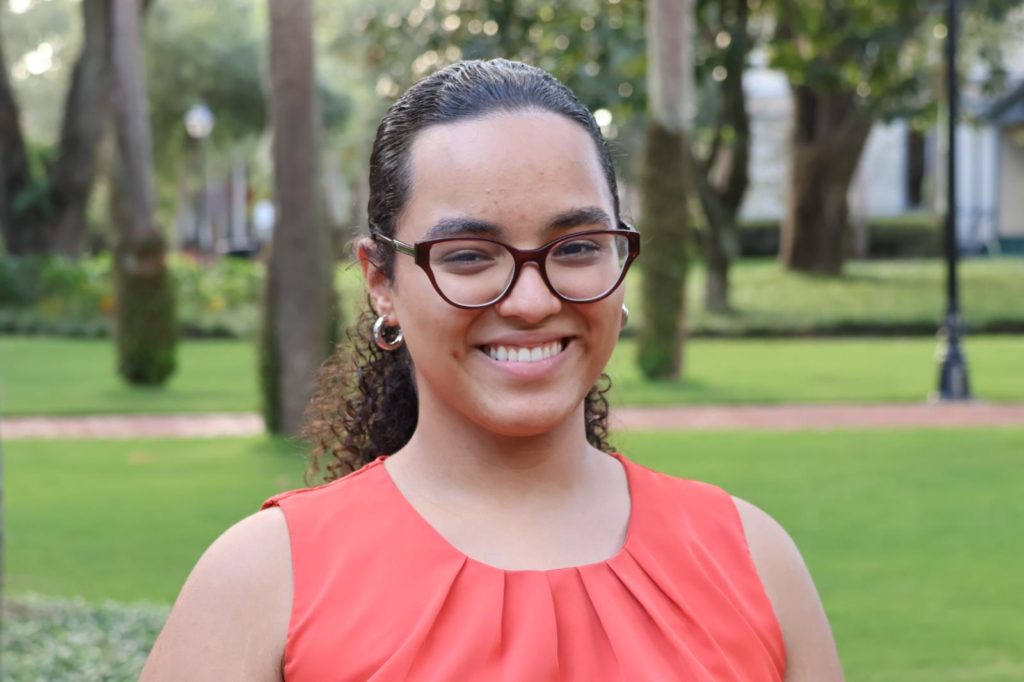
Raissa Borges de Oliveira Leal — Nuclear Translocation of Merkel Cell Polyomavirus Small Tumor Antigen
Mentor: Dr. Kristine Dye
- Eduarda Machado de Souza — From the Children’s March to Title IX: Connecting the Civil Rights and Women’s Movements
Mentor: Dr. Patrick Coggins
Genevia Gayden — Re-Examining Interstate War Patterns in Post-Communist Eastern Europe and Eurasia
Mentor: Dr. Elizabeth Plantan- Reagan Shivers — Historic Preservation of Mount Vernon, 1850–1865
Mentor: Dr. Emily Mieras
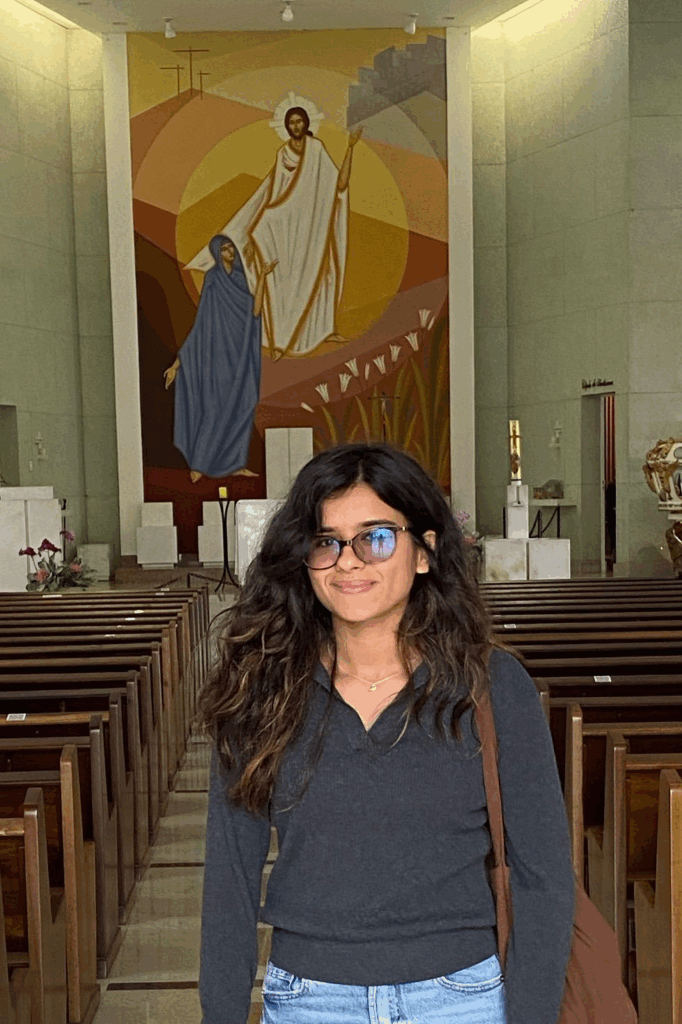
Júllya Lopes Machado — How Biblical Narratives Aid Coping in Brazilian Pentecostalism
Mentor: Dr. Carmen Palmer
- Khushi Patel — Role of the Merkel Cell Polyomavirus Small Tumor Antigen in the Development of Merkel Cell Carcinoma
Mentor: Dr. Kristine Dye - Rayah Yehnert — The Third Reich and the Historiography of Music
Mentor: Dr. Daniil Zavlunov
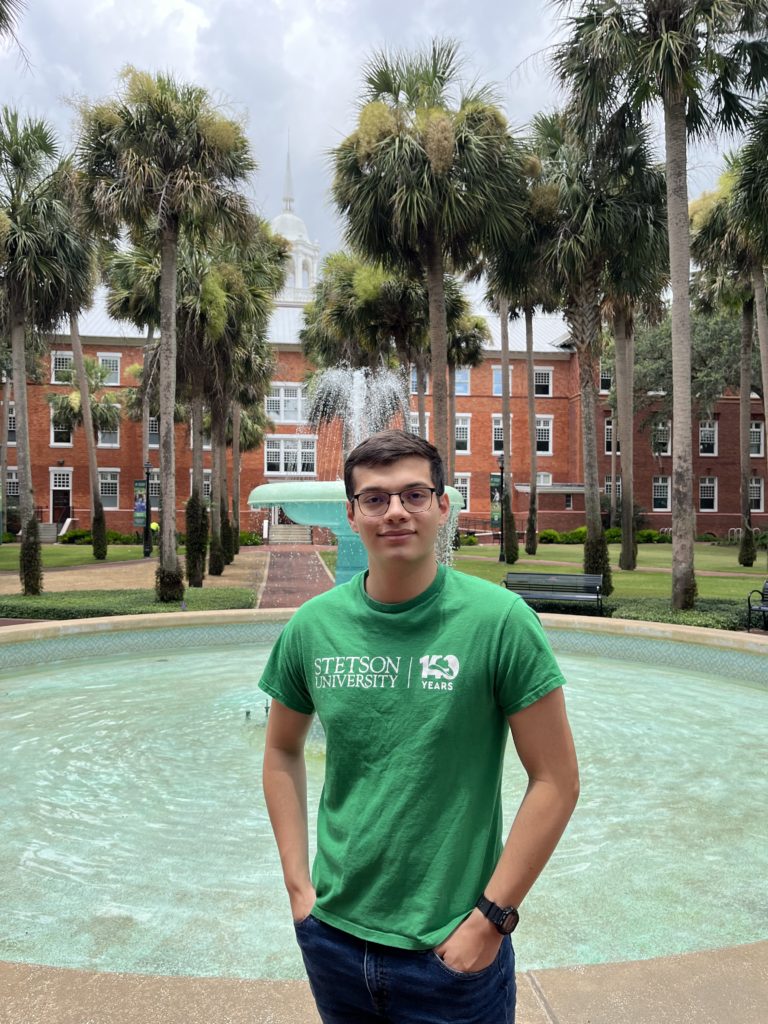
Kevin Cartagena — Determining the Function of the Fus1 Transmembrane Domain for Cell Fusion
Mentor: Dr. Jean Smith
- Raven Hufstetler — Nuclear Localization’s Role in Merkel Cell Polyomavirus ST Transformative Properties
Mentor: Dr. Kristine Dye

